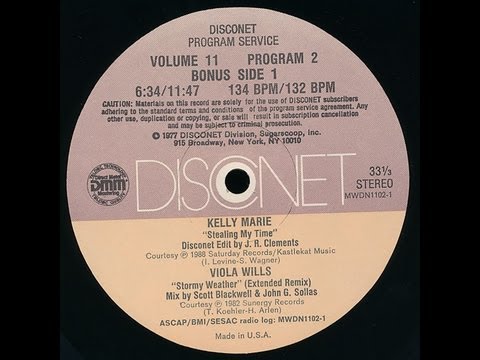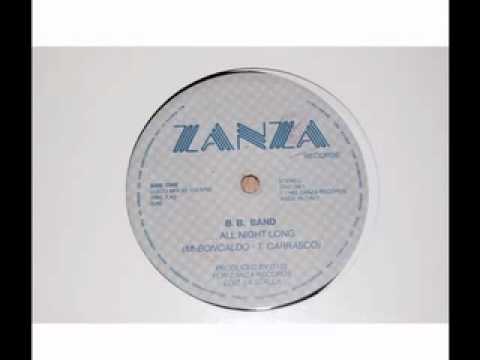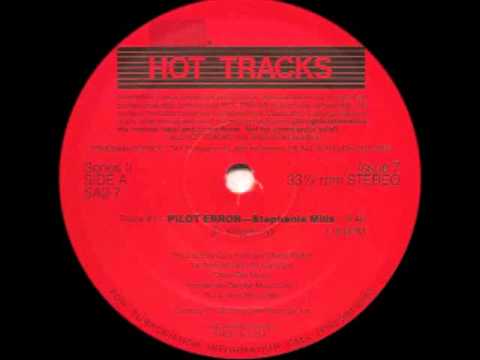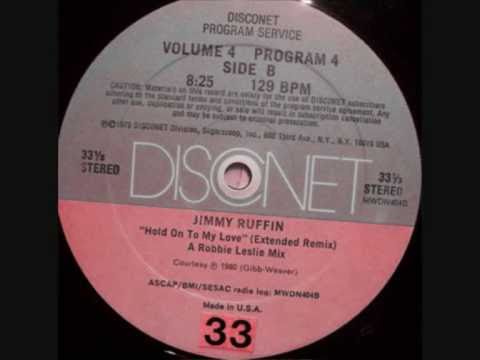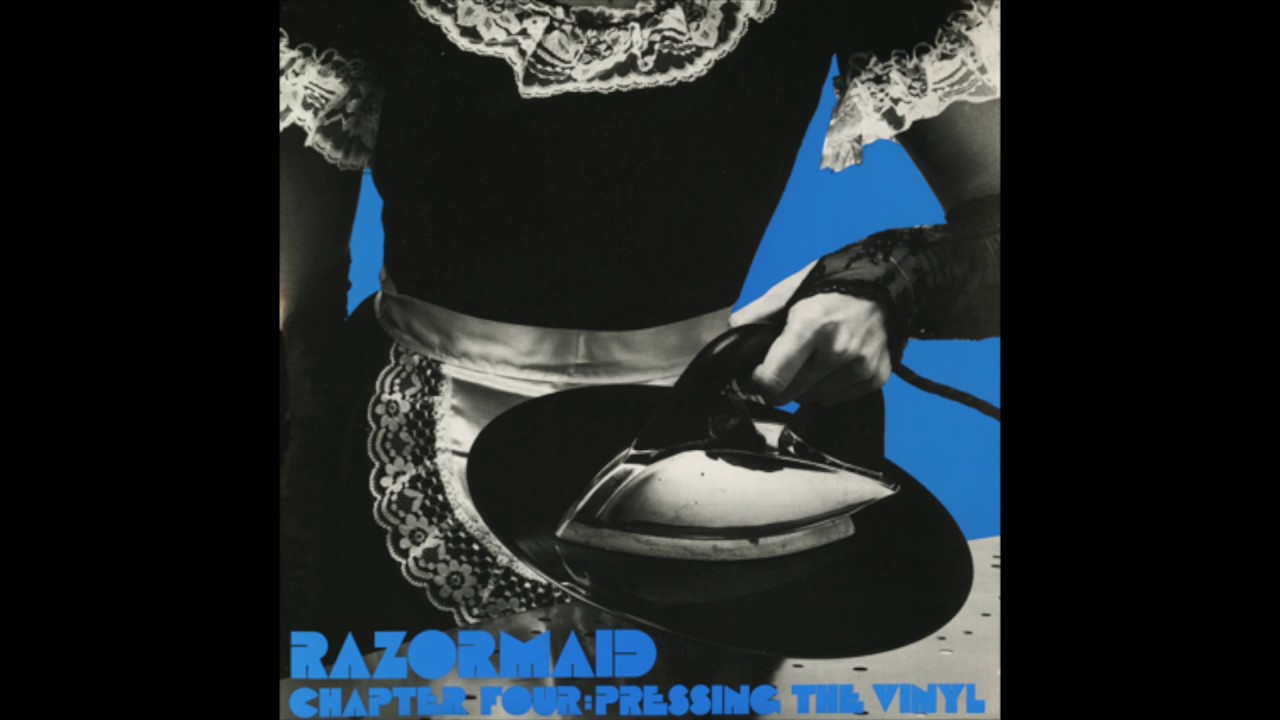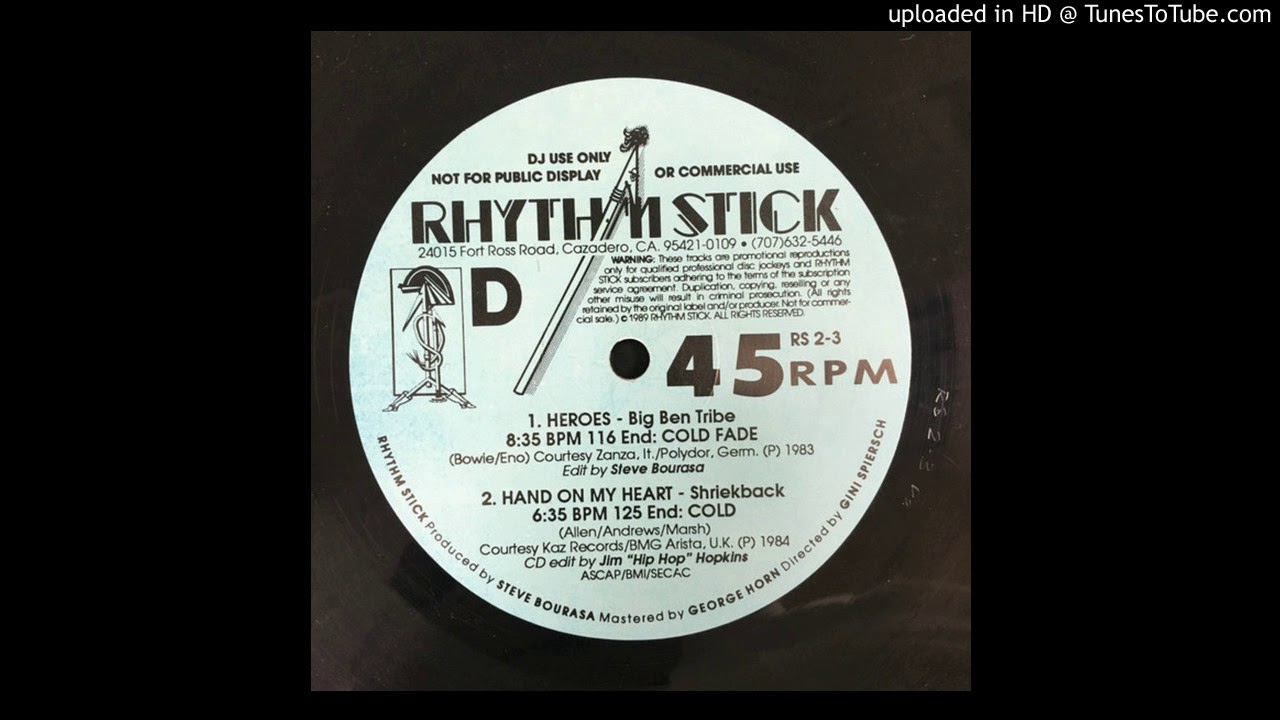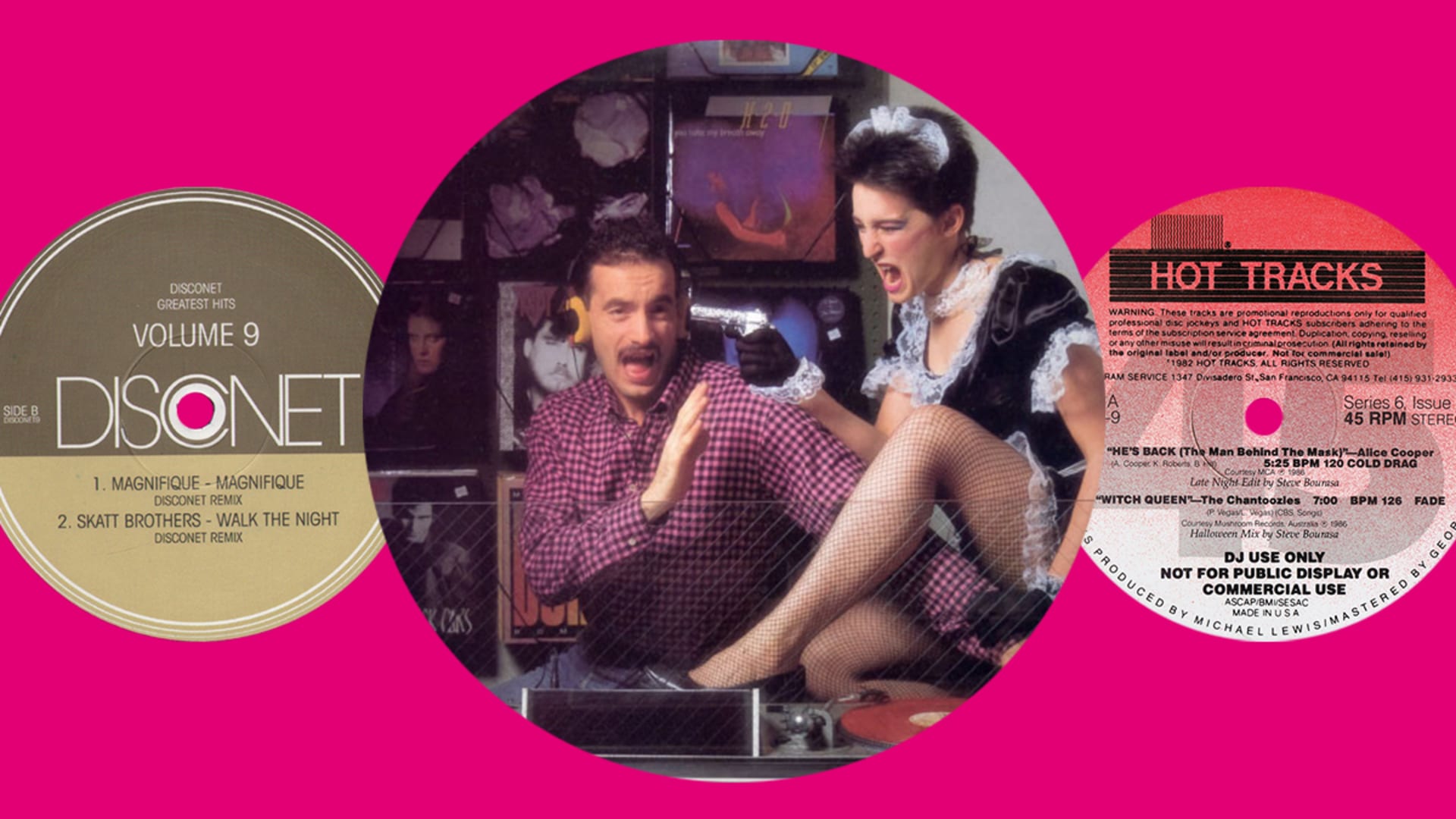
A 10 Track Guide To The Funky World Of Old-School Disco Re-Edit Services
Disco re-edit services emerged in the '70s as a way of disseminating remixes, medleys and megamixes among working DJs of the era.
They say that necessity is the mother of invention, and that’s certainly the case when it comes to the story of the humble disco edit. Back in dance music’s early years, DJs came upon the idea of edits in their quest to make music easier to mix. Belt-driven turntables, live drummers and free-form music arrangements often got in the way of an evening’s worth of seamless mixing.
Disco edits were the answer, and in the early days, they were done with scissors and tape. Early editors, like the now-famous Walter Gibbons, were so good that they earned reputations and studio careers from their work. In some cases, those old edits became as popular—if not more popular—than the original records that they came from.
Given the popularity of edits, it should come as no surprise that edit and remix labels began to appear. The first one to arrive on the scene was Disconet in 1977. The early remix service releases contained medleys, which were little sets mixed by club DJs that felt a bit like the “megamix” records that would come years later. As time progressed, there was a boom in DJ edit services that served different niches: Hot Tracks, Rhythm Stick and Razormaid! all arrived and subsequently differentiated themselves through different in-house remixers and musical agendas.
Though we tend to think of these as being relics from the ’70s and ‘80s, the truth is that they lasted through the ‘90s. However, the increase of copyright issues through the early part of that decade meant that they gradually went out of business.
But even if the legal situation in the preceding years was quite unclear, the creative potential was not. From local to widely acclaimed DJs and from established to emerging studio talents, a lot of remixers had their go at popular and obscure music, and in many cases came up with lasting results. The remixers of yesteryear paved the way for the more modern and still thriving edit scene that exists today. For this week’s genre guide, I’m taking a look at some essential remix service edits. They might be old, but many of these are great curveball tracks for DJ sets today.
Abba, “Lay All Your Love On Me (Peter Slaghuis Remix)” (Buy This Record 1981)
“This is actually a remix of a Raul Rodriguez remix originally released on Disconet. Peter Slaghuis extended the weird start-stop-breaks to a highly irritating three minutes before the song kicks in at last, like a hymn from the heavens descending onto a crash derby. The breaks continue to disrupt the song throughout the whole record, the loops are edited quite heavy handedly and the sound quality is really atrocious. Still, this is a remarkable example of how radical an edit can be, and it was even more radical when it came out. And it still works a treat on the floor.”
Edwin Hawkins Singers, “Tomorrow (Steve Algozino Remix)” (Hot Tracks 1982)
“Steve Algozino added synth and edited a four-minute album track into a seven-minute disco plea for a better tomorrow. This one’s for those who like to compare a good night out to a religious experience.”
Viola Wills, “Stormy Weather (John Sollas & Scotty Blackwell Remix)” (Disconet 1982)
“Eleven minutes of drama and a whole lot of thunderous sound effects, of which the original version inexplicably had none. It is totally overdone, but it is also quite impressive too. And you might actually be soaking wet if you dance the whole thing through.”
B.B. & Band, “All Night Long (Will Crocker & Jack Cardinal Remix)” (Disconet 1982)
“An excellent version of this heavily funked-up Italo disco sequencer boogie classic. The changes are mainly in length and structure, but they sure sound as if they were needed.”
Stephanie Mills, “Pilot Error” (Hot Tracks 1983)
“The original version on the Casablanca label has a really superior pressing quality, but the wild flanger action on this more than makes up for that. It shoots a slightly eerie but still earthbound boogie gem into outer space. Flight time also extended.”
Lipps Inc., “Funkytown (Bob Viteritti Edit)” (Hot Tracks 1984)
“An anthem at San Francisco‘s Trocadero Transfer club, edited by its very own resident DJ Bob Viteritti. The spacetastic additional synths are played by none other than the legendary Patrick Cowley, a regular at the club, and they open up a whole other universe.”
Jimmy Ruffin, “Hold On To My Love (Robbie Leslie Remix)” (Disconet 1984)
“A sweet little Robin Gibb co-written soul mover—that is, until New York City‘s Saint resident DJ Robbie Leslie decided to turn it into an anthem of epic proportions. Here he rides the enormous refrain for five extra minutes. This was actually the last record the crowd ever danced to at the Saint‘s closing weekend, which really says a lot.
Mari Wilson, “Let‘s Make This Last” (Razormaid 1984)
“This track was an unusual release for the Compact Organization label’s ‘60s beehive pop revivalist diva. But that the Razormaid remix team completely restructured and improved the original version was very usual for their standards, resulting in an even smarter take on Hi-NRG.”
Roxy Music, “Angel Eyes (Joseph Watt Remix)” (Razormaid 1984)
“Needs more suspense in the first bit and inbetween, thought Razormaid, but they also added sophistication to the whole song. And bringing one of the best dressed style icons to the club surely was no mistake either.”
Machine, “There But For The Grace Of God (Glenn Cattanach Edit)” (Hot Tracks 1987)
“This just neglects the piano intro, you may think, and instead uses a looped groove to ease into the song. It also extends the break and adds an outro loop at the end. Well, this is not the only blueprint for the more recent editing of disco tracks for DJ convenience purposes, but it shows how you achieve better mixability while leaving all the greatness of the source material untouched. Even consider it a reminder.”
Hard Corps, “Lucky Charm (Razormaid 1987)”
“A lot of Razormaid releases are easier to mix than the original versions, wrecking a lot of intros in the process. Then again Razormaid was always quite ambitious in terms of restructuring. It was also quite subtle in adding its own trademark sound design without taking away anything that should not be taken away. And Razormaid has a cult following for a reason.”
Big Ben Tribe, “Heroes (Steve Bourasa Edit)” (Rhythm Stick 1990)
“I always felt the dreamy Italo disco take on the David Bowie classic was near perfect, but it should last longer, without risking its perfection. Thankfully I found this edit by Steve Bourasa, who apparently thought exactly the same, and he had the skills.”
Dead Or Alive, “Your Sweetness Is Your Weakness (Silver Bullet Mix by Peter Fenton)” (Art Of Mix 1991)
“Dead Or Alive were actually really big in Japan. So big, even, that they released some of their music only in Japan, and some of their finest music too. Buying the original 12-inch of this wonderful piano house romp will not come cheap, but do not worry, as there is this (still) affordable and fantastic version hidden on a 12-inch on the Art Of Mix remix service, because they are not called remix services for nothing. The mix merges Dead Or Alive’s “Son Of A Gun” with the band’s Japanese market stormer, as if the two were twins separated at birth.”
P.M. Dawn, “Set Adrift On Memory Bliss (Bradley Hinkle & Tim Robertson)” (Ultimix 1991)
“P.M. Dawn did not win many hearts in the hip-hop scene when they sampled a very popular blue-eyed soul ballad, and used the same seriously dope beat that Eric B & Rakim did on their seminal LP, Paid In Full. Rakim and Prince Be are really hard to compare, I admit. This remix even only slightly alters the original. Well until there’s a break and then the second half is Spandau Ballet’s song in its entirety riding the very same seriously dope beat, which is one of the greatest things ever.”
Culture Club, “Time (Clock Of The Heart) (Chris Cox Remix)” (Hot Tracks 1994)
“I realized I am now old enough to accept that I will probably never find the vinyl with this remix for a price I can live with. So I might as well show it to anybody else. Culture Club‘s arguably finest moment, and in my humble opinion one of the finest pop moments of the ‘80s as well, in a superlative remix that manages to double both length and listening pleasure. I would not change a second of it.”
Published June 26, 2019. Words by Finn Johannsen.



